Guillén Torres y Maylí Sepúlveda
In this short piece, Guillén Torres and Maylí Sepúlveda reflect on information’s power to bring people together, creating communities around issues that need the cooperation of diverse actors to be tackled. They briefly draw from their own experience working for Controla Tu Gobierno, a Méxican NGO who is currently developing a social accountability process with a focus on water management in the Valley of Mexico.
En este pequeño texto, Guillén Torres y Maylí Sepúlveda reflexionan en torno al poder de la información para crear comunidades alrededor de problemas que necesitan resolverse a través de la colaboración de diversos actores. Los autores retoman brevemente su experiencia trabajando en Controla Tu Gobierno, una ONG Mexicana que se encuentra desarrollando un proceso de auditoría social enfocado al manejo del Agua en el Valle de México.
Ser un activista de datos es un proceso complejo. Hay que buscar o producir los datos, procesarlos, convertirlos en infografías o textos de análisis, y socializarlos, ya sea para denunciar problemáticas o influir en procesos políticos. En ese camino, también ocurre otra cosa que a veces pasa desapercibida: quienes buscaron la información, la discutieron y la tradujeron, desarrollan nuevos lazos durante el proceso. Los datos los asociaron con nuevos actores, sucesos y componentes del entorno, exhibieron conexiones entre problemas y soluciones, y convirtieron asuntos que parecían ser individuales o que se sentían lejanos, en cuestiones comunes, compartidas, relacionales y cercanas. Más allá del poder que tienen los datos para fomentar el involucramiento de la ciudadanía en los asuntos públicos, su característica más importante nos parece esa, la posibilidad que brindan de generar discusiones públicas, articular comunidades, construir identidades colectivas y alimentar programas políticos.
Sin embargo, para sacar provecho de estas posibilidades es necesario pensar los datos menos como una mercancía -que es la misma narrativa que constantemente empuja a entenderlos como el nuevo petróleo- y más como un recurso cargado de significado. Esta visión crítica es relativamente reciente, pero ha empezado a ganar fuerza en el Sur Global. Sin embargo, en países como México, por ejemplo, donde los activistas de datos aún son principalmente jóvenes educados de áreas urbanas, todavía ocurre con frecuencia que los proyectos que pretenden tener impacto social reproducen inadvertidamente prácticas excluyentes: los hackatones retoman por unas horas problemáticas que afectan profundamente la vida de miembros de la sociedad que no participan activamente en los eventos, y generan soluciones que permiten a gobiernos promocionar apps y hacer marketing. Y luego se van. Las poblaciones sobre las cuales se produjeron los datos -que de hecho son datos sobre sus vidas y sobre lo buenas o malas que son-, reciben pocos beneficios (o ninguno), pero su información se incorpora al stock masivo de datos que permite a empresas y al estado tomar decisiones y crear valor. En este sentido, ocurre una exclusión doble; la mayoría de los productores de datos quedan fuera del procesamiento de la información y también quedan fuera de la repartición de los beneficios.
¿Cómo puede establecerse una relación distinta entre activistas, comunidades y datos? ¿Una relación que no alimente dinámicas jerárquicas o de explotación, y que vuelva protagonistas a las comunidades productoras de datos? Dentro de la organización sin fines de lucro ControlaTuGobierno (CTG), dedicamos bastante energía a buscar una respuesta a esa pregunta.
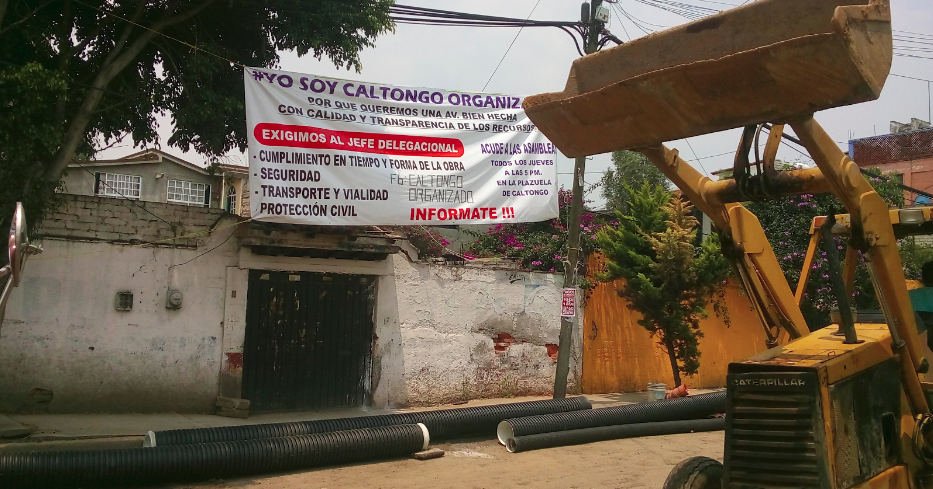
Los ciudadanos organizados que conocen el derecho de acceso a la información, lo utilizan como herramienta para ejercer otros derechos.
Desde 2013, CTG se ha enfocado en desarrollar modelos alternativos de contraloría social de la acción gubernamental, que buscan ir más allá de convertir a los ciudadanos en agentes fiscalizadores. Ahora que reflexionamos a la distancia en torno a los proyectos que la organización desarrolla, creemos que uno de los aciertos de su metodología ha sido el énfasis en el trabajo con comunidades de base. Construyendo sobre procesos en marcha, en los que una comunidad se ha organizado para enfrentar problemas comunes, CTG muestra a los ciudadanos cómo el uso de la información pública y los datos abiertos puede fortalecer sus actividades. Si la comunidad acepta recibir asesoría de CTG, se inicia un proceso colectivo a través del cual, a partir de información pública, los ciudadanos traducen la problemática que los afecta en a) un problema colectivo; b) un problema relacionado con alguna dimensión de la acción gubernamental; c) un problema conectado con derechos humanos.
Al centro de este acercamiento se encuentra una visión de la información pública y los datos abiertos como una especie de mapa, que además de comunicar el resultado de las decisiones tomadas por los agentes gubernamentales, también visibiliza claramente los elementos y los procesos internos que las componen. En este sentido, a través de la información pública se pueden reconstruir mecanismos e idiosincrasias institucionales que usualmente quedan fuera de la idea de la rendición de cuentas, y cuya visibilización es crucial para desarrollar activismo con un impacto real. Así, la información gubernamental no sólo permite entender cuáles decisiones se tomaron, sino también por qué, cómo y quién las tomó, lo cual abre la posibilidad de que la ciudadanía influya (y no sólo vigile) procesos que de otra manera permanecen en la sombras.
Durante los últimos dos años, ControlaTuGobierno ha estado probando este modelo de contraloría social sobre el Programa de Tratamiento de Aguas Residuales (PROTAR), una política pública a nivel federal en México, cuyo objetivo es garantizar el acceso al derecho al agua de calidad para los habitantes del país. Aunque el proyecto también implica utilizar la información pública para evaluar el desempeño del PROTAR, el objetivo principal de CTG es involucrar a los ciudadanos en el manejo de los recursos hídricos cercanos a su lugar de residencia. En este sentido, la información pública se está usando como una fuente para entender la problemática local del agua tanto en su dimensión medioambiental (analizando información sobre el agua y las comunidades que la necesitan), como en su dimensión institucional (procesando y compartiendo información sobre cómo se administra). A través de este análisis doble es posible mapear a los actores públicos y privados involucrados, así como los vínculos que establecen entre sí , el marco legal, y las oportunidades de apropiación de otros derechos.
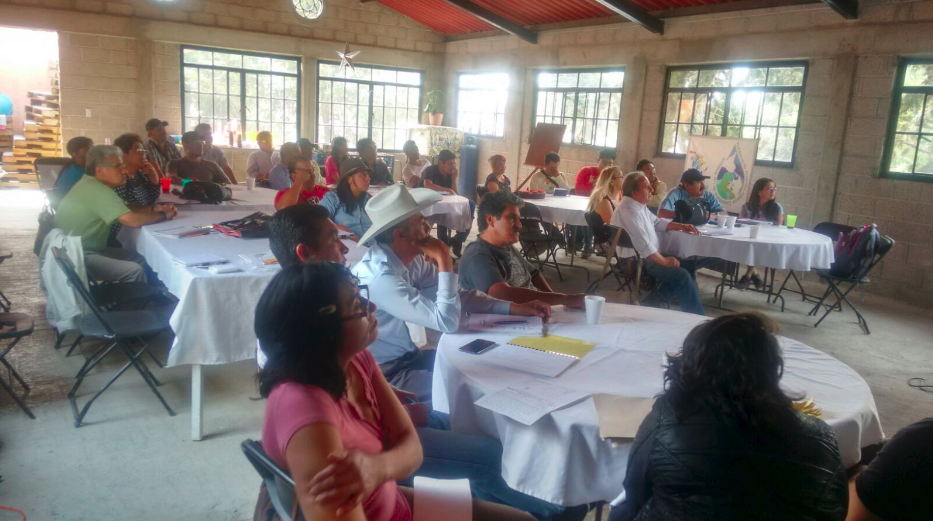
Las sesiones de trabajo colectivo generan procesos de intercambio de conocimientos y fortalecen los lazos comunitarios
Uno de los objetivos principales del proyecto es el fortalecimiento de la Comisión de la Subcuenca de Xochimilco y sus Afluentes, un organismo formado por habitantes de la región, que funcionará como intermediario entre las necesidades locales y las instituciones encargadas de la gestión del agua a nivel federal. Pero para lograr la subsistencia de este organismo a largo plazo, es necesario que todos los actores relevantes, sean gubernamentales o no gubernamentales, trabajen en conjunto. Durante el desarrollo de proyectos anteriores hemos aprendido que la información pública y los datos abiertos tienen la capacidad de aglutinar distintos tipos de actores y alinear sus intereses, que usualmente parecen encontrados. Esto se debe a que la descoordinación que ocurre al interior de las instituciones, y también entre gobierno y ciudadanos organizados, se origina en falta de información. Por ejemplo, en el proyecto actual de contraloría social del agua descubrimos que no son sólo los ciudadanos quienes no están al tanto del presupuesto público, de cómo se ejerce, quiénes son los encargados de ejercerlo y en qué puede gastarse, sino que los mismos actores institucionales lo ignoran también. Lo mismo sucede respecto a los datos abiertos relacionados con el servicio de aguas; aunque podrían eficientar su gestión, los niveles locales de gobierno desconocen su existencia.
En términos generales, nuestra experiencia indica que cuando ciudadanos, instituciones públicas, academia y actores privados, convergen dentro de una misma comunidad organizada en torno a un problema, y recaban y analizan en conjunto información pública, las diferencias de poder e información se reducen y las interacciones entre ellos se vuelven menos accidentadas. Además, las personas involucradas se escuchan unos a otros, lo cual fomenta la creación de lazos comunitarios a largo plazo.
Si quieres saber más sobre las metodologías de ControlaTuGobierno, puedes visitar su página web: ControlaTuGobierno.com

Guillén Torres es estudiante de doctorado dentro del proyecto DATACTIVE, en la Universidad de Ámsterdam. Su investigación está enfocada en las reacciones institucionales frente al uso que la sociedad civil hace de los datos abiertos y la información pública.
 Maylí Sepúlveda es directora general de Controla Tu Gobierno. Ha sido consultora de la William & Flora Hewlett Foundation, International Budget Partnership, Banco Mundial, Global Initiative for Fiscal Transparency y el PNUD.
Maylí Sepúlveda es directora general de Controla Tu Gobierno. Ha sido consultora de la William & Flora Hewlett Foundation, International Budget Partnership, Banco Mundial, Global Initiative for Fiscal Transparency y el PNUD.
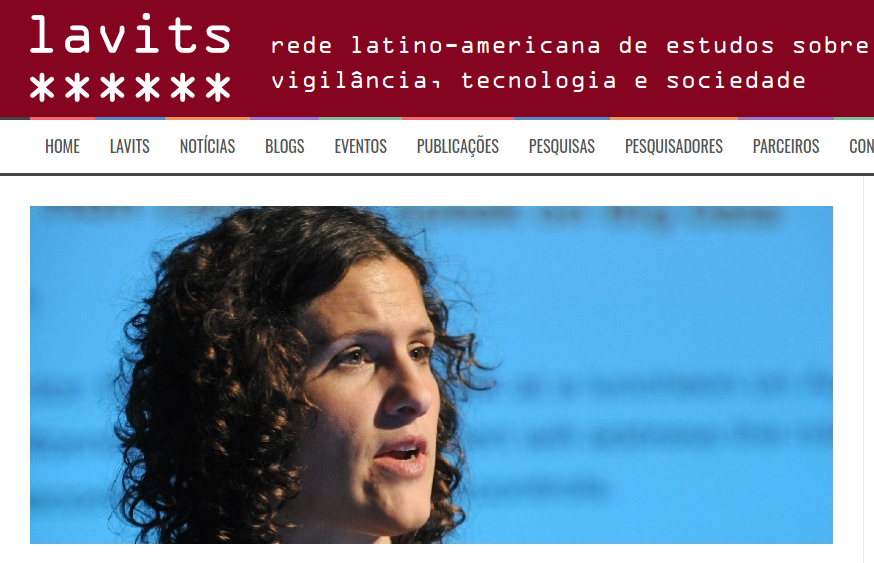

 In November 20-30 Stefania will be in Santiago de Chile for a number of talks. She will keynote at the 5th International Symposium of the
In November 20-30 Stefania will be in Santiago de Chile for a number of talks. She will keynote at the 5th International Symposium of the 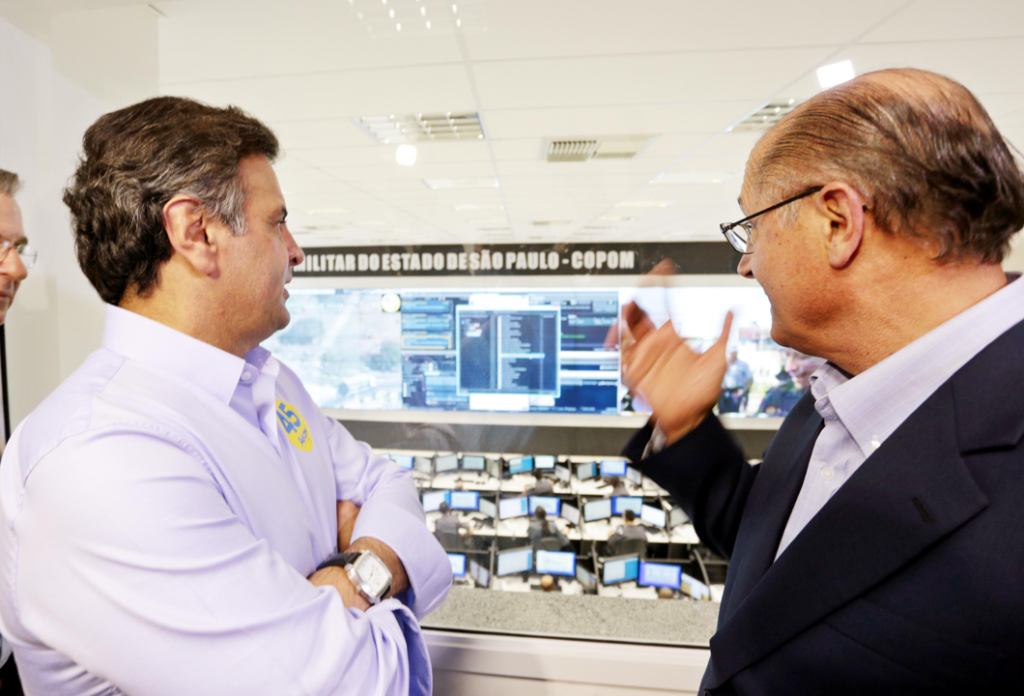
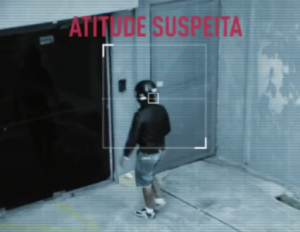
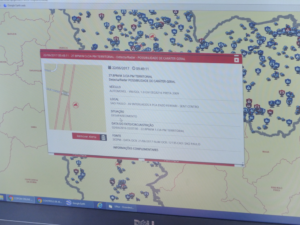
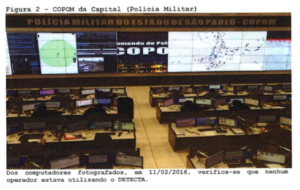
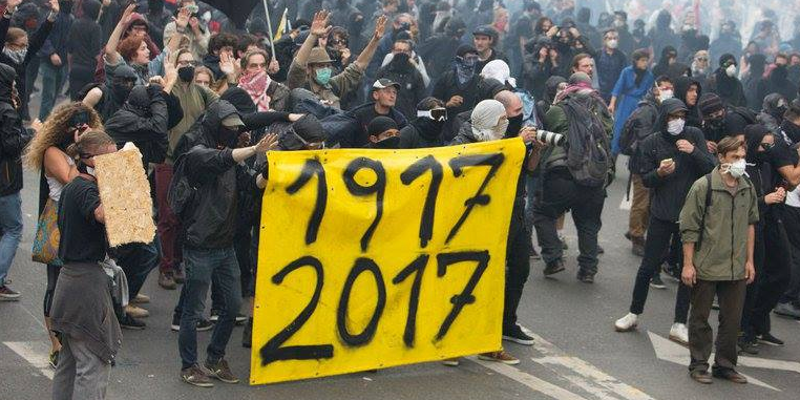




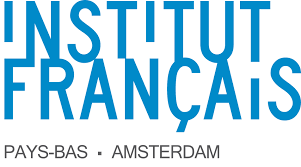



 Maylí Sepúlveda es directora general de Controla Tu Gobierno. Ha sido consultora de la William & Flora Hewlett Foundation, International Budget Partnership, Banco Mundial, Global Initiative for Fiscal Transparency y el PNUD.
Maylí Sepúlveda es directora general de Controla Tu Gobierno. Ha sido consultora de la William & Flora Hewlett Foundation, International Budget Partnership, Banco Mundial, Global Initiative for Fiscal Transparency y el PNUD.